Vegetarian Diet Plan Guide
Vegetarian diets are becoming exceedingly popular these days. In this article, you will learn the basics of a vegetarian diet and what to keep in mind when you create a healthy vegetarian diet plan.
Many people decide to adopt a vegetarian diet because of the many health benefits it brings: reduced risk of heart disease, diabetes and even some types of cancer. One of the mistakes they make is to replace meat products with processed foods, which are bad for your health because the high level of calories, fat, sugar and sodium they contain. Another mistake is to not consume enough fruits, vegetables, calcium and whole grains, which causes a lack of good nutrients.
In this article, we’ll talk about what does it mean to follow a balanced vegetarian diet and how to create a healthy vegetarian diet plan. I hope you’ll find this guide helpful. 🙂
Contents:
- What are the vital nutrients?
- What are the different types of vegetarian diets?
- How to adopt a vegetarian diet?
- Benefits of a vegetarian diet
- Vegetarian diet guide
What are the vital nutrients?
Being a vegetarian and adopting a vegetarian diet plan means you must be careful to have enough of these nutrients:
Vitamin B-12
Vitamin B-12 is extremely vital because it helps your body produce red blood cells and prevent anemia. It’s well-known that this vitamin can be found in animal products almost exclusively, so it’s a hard task for vegans to get enough of it into their diet. Don’t worry – a vegetarian diet means you’ll still be able to eat eggs and dairy which contain vitamin B-12, so your risks are lower.
Vegans may not even notice they have a vitamin B-12 deficiency because of folate – a vitamin which hides this deficiency. Because of this, some severe neurological problems may occur, which is a clear sign of a lack of vitamin B-12. People who follow a vegan diet must take vitamin supplements, eat cereals that are enriched with vitamins and consume fortified soy products in order to make up for the lack of this vitamin in their diet. It’s well-known that nutritional yeast is usually fortified with B12.
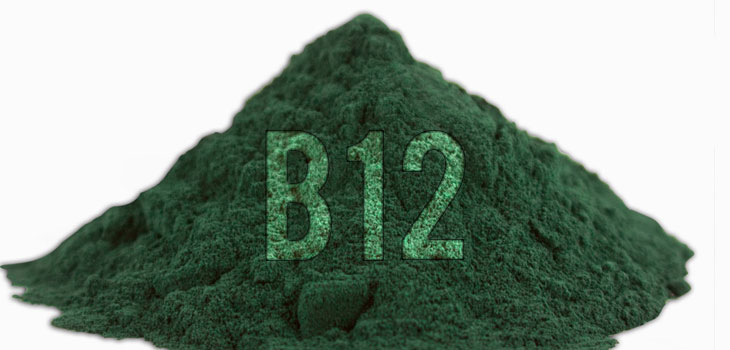
Protein
Healthy bones, muscles, organs and skin are dependent on protein. Some good sources of protein are dairy products, eggs, mushrooms, beans and legumes. You don’t even need to consume huge quantities in order to make sure you have the right protein intake. If you make sure to have a varied diet, you’ll be able to get enough protein from these plant-based foods and meals.
Some other examples are soy, meat substitutes, lentils, nuts, whole grains, seeds and legumes. You can also take into consideration to add some vegan protein powders into your diet if you need to follow a high-protein vegetarian diet plan. These powders can be added to your smoothies.
Calcium and vitamin D
It’s well-known that calcium is essential to strong teeth and bones. Collard greens, kale, broccoli, turnip and other dark green vegetables are excellent sources of calcium if you make sure to eat them in quantities that are big enough. Some other options include vegan milk and yogurts, tofu, cereals and other calcium-enriched products.
Vitamin D can be found in cow’s milk and certain kinds of soy/rice milk and cereals and it plays a vital role in having healthy bones. Make sure to always check the product labels in order to find out if they contain vitamin D or not. Vitamin D can also be produced by our bodies when you are exposed to the sun, but it’s a high chance you’re lacking it in autumn or winter. In these periods of time, it’s best to consume plant-based vitamin D supplements.
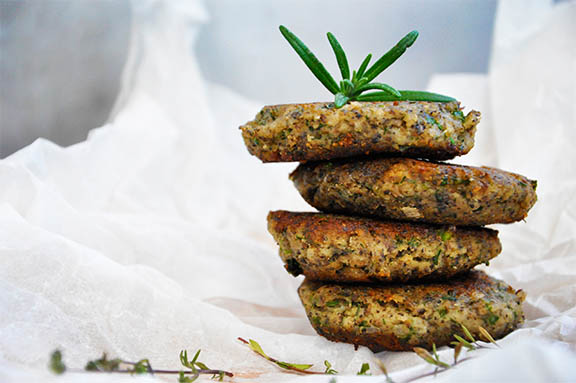
Omega-3 fatty acids
Having a healthy heart depends on your Omega-3 fatty acids intake, which can be found in flaxseed, walnuts, soybean oil, fish and eggs. I advise you to consider some fortified products or supplements (or both) because conversion of plant-based Omega-3 to the types used by humans is often inefficient.
Iron and zinc
Iron plays a vital role in our red blood cells, so you must make sure you to enough dried beans, peas, beetroot, dried fruits, enriched cereals, whole-grains, lentils and dark leafy green vegetables in order to keep it on healthy levels.
A good way to absorb iron is to consume fruits and vegetables that are naturally rich in vitamin C such as citrus, strawberries, cabbage, broccoli and parsley.
Zinc is important in protein formation and cell division and is better absorbed from animal products than from plant-based sources, so I advise you to add cheese to your diet. Whole grains, soy, legumes and nuts are some good alternatives if you’re not a fan of dairy.
Iodine
Iodine is found in thyroid hormones and it plays an important role in the growth and good functioning of key organs and it also helps your body regulate its metabolism. People who follow a vegan diet have a higher risk of developing iodine deficiencies and possibly even a goiter.
It’s time to stop worrying about what you’re going to eat! Get your personalized vegetarian diet plan with delicious, healthy, and budget-friendly recipes! [x_button shape=”square” size=”mini” float=”none” target=”blank” href=”http://bit.ly/custom-meal-plans-page” info=”none” info_place=”top” info_trigger=”hover”]GET THE MEAL PLAN![/x_button]
What are the different types of vegetarian diets?
Vegetarianism is usually defined by the exclusion of meat, but there are many types of vegetarian diets based on the foods and ingredients you can include or eliminate from your eating habits:
- Lacto-vegetarian – meat, fish and eggs are excluded. Milk, cheese, butter, yogurt and other dairy products are included.
- Ovo-vegetarian – eggs are included, but dairy, meat and fish are excluded
- Lacto-ovo vegetarian – dairy products and eggs are included, meat and fish are excluded
- Vegan diets exclude all kinds of animal products.
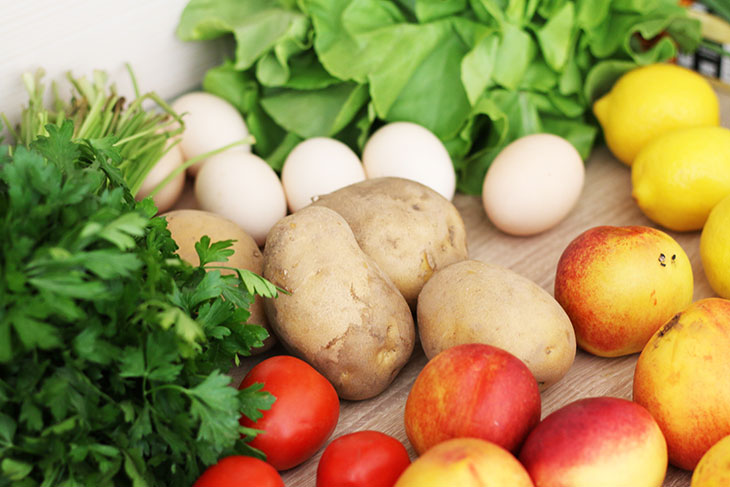
How to adopt a vegetarian diet?
You might want to start your vegetarian diet by gradually reducing meat but at the same time increasing the number of fruits and vegetables you eat.
Here are some useful tips:
- Try to increase the number of meatless meals with every passing week. It’s best to start with some meatless meals you already enjoy eating, such as spaghetti with tomato sauce or vegetable stir-fry. Don’t forget to include kale, herbs, spinach, collards and other greens into your diet.
- Transform your favorite recipes into their meatless alternatives. For example, make vegetarian bolognese pasta by adding textured soy protein granules instead of beef. You can also replace the chicken in fajitas with TSP. It may sound complicated at first, but a big part of your favorite recipes will require only some small changes in order to make them vegetarian.
- Search for complete vegetarian menus online. You can even buy or borrow vegetarian cookbooks. You will be surprised to find out that several ethnic restaurants include a lot of vegetarian dishes into their menu. The secret to having a balanced vegetarian diet is to make sure you eat a wide variety of foods.
- Follow a vegetarian meal plan. My custom meal planner app can help you with that!
Benefits of a vegetarian diet plan
Heart Health
You should know that a way of improving your cholesterol, lowering your blood pressure and reducing the risks of strokes and heart attacks is to keep a vegetarian diet that’s high in potassium. For this, make sure you eat enough of these four food groups: whole grains, fruits, legumes (lentils, peas, beans etc) and vegetables.
It’s best to consume foods that are naturally high in potassium, low in sodium and full of cholesterol-lowering soluble fibers.
Cancer Prevention
By changing your lifestyle and transforming your diet into a healthy one you will be able to prevent at least one-third of all cancers. Eating colorful is a golden rule!
Antioxidants are the ones that ‘devour’ free radicals – the ones that help the formation and growth of cancer cells. Fibers are also important for this. For every 10 grams of dietary fiber you consume, you reduce the chance of developing a colon polyp by 9%.
Carotenoid vegetables (carrots, sweet potatoes), tomatoes, allium vegetables (garlic, onion, leeks) and cruciferous vegetables (broccoli, cabbage, kale) are very good sources of fiber.
Detoxification
Vegetarianism is chosen by many people because they want to stop eating meat because of the bad antibiotics that animals eat at farms. It’s well-known that there are a lot of meat problems caused by this, including the mad cow disease. Naturally, you can avoid all these complications by following a vegetarian diet.
Beneficial for the Gut
The bacteria that can be found in our digestive system is crucial to our well-being and we must learn about the relationship between this bacteria and a healthy life. When you eliminate meat and start consuming plant-based foods you create a diverse microbiome full of good bacteria which helps our immune system, regulates ghrelin (the hunger hormone) and reduces inflammation.
It’s always a good idea to include tempeh, sauerkraut, kimchi, water kefir and any other fermented foods into your meals in order to make sure your gut bacteria is diverse.
Type 2 Diabetes Prevention and Treatment
When you choose to swap your diet with a healthier one, you also choose to create a defense against diabetes. Stable blood sugar levels are created when you include a lot of whole foods (vegetables, fruits, whole grains, legumes) and plant-based foods that are low in fat.
One 22-week study shows that you raise your insulin sensitivity while also lowering hemoglobin A1c levels as much as 1.2 percentage points when you choose to follow this type of diet. This is better than most common diabetes medications.
Glowing Skin
A vegetarian diet not only helps you from the inside but also on the outside. The good nutrients that can be found in fruits and veggies (vitamins, antioxidants, minerals) will help you have healthier hair, skin, and nails. Carotenoid-packed vegetables (those that are red, orange or dark green) are a healthier alternative to sugar, dairy, and other high-glycemic foods.
Your skin will become much healthier because of the same phytochemicals that protect the plants.
Get your custom vegetarian diet plan with delicious, healthy, and budget-friendly recipes! [x_button shape=”square” size=”mini” float=”none” target=”blank” href=”http://bit.ly/custom-meal-plans-page” info=”none” info_place=”top” info_trigger=”hover”]I WANT A MEAL PLAN![/x_button]
Vegetarian diet plan guide
Most of the people won’t really understand what a healthy vegetarian diet means. You could say that this is not only a diet or a way of eating but an entire lifestyle. It’s not just about fruits and veggies – the vegetarian diet means consuming many other valuable foods such as:
Fruits and Vegetables
Fruits and vegetables are rich in vitamins and minerals and are vital to a healthy vegetarian diet. If you won’t eat enough of these, you will be unable to have a stable health and protect yourself from colds, diseases, and infections. A balanced vegetarian diet will make your organs stronger and help you boost your immune system.
Nuts and Legumes
These foods play a very big part in any vegetarian diet. They are full of essential fiber that cannot be found in several fruits and vegetables. Some examples of legumes are kidney beans and garbanzo beans and some very good nuts are cashews, peanuts, and almonds. It’s best to include these into your daily meals in order to achieve a rich, varied diet.
Omega 3 Fatty Acids
Omega 3 fatty acids are crucial to this type of diet because they help with brain development. Some vegetarians don’t see fish as an actual meat source so they will consume it in order to have their Omega 3 fatty acids intake. If you don’t want to eat fish, you can substitute it with flaxseed oil – usually one tablespoon daily or a fish oil supplement.
Grains
Rice, pasta and different types of cereal are rich in grains, but if you want to lower the number of carbohydrates you eat, you can replace them with brown rice or whole grain pasta. Choosing low-fat grains is a good way to maintain a healthy vegetarian diet.
Dairy Products
It’s advised to consume a moderate amount of dairy products, otherwise, you might get inflammation or some skin and body related issues (acne is just an example).
Before deciding to switch to a vegetarian diet, you must be fully informed and aware of its benefits, risks, and implications. If you are a big fan of meat you should be aware that this diet will make you eliminate a big part of your eating habits – which is never easy. Even though you might find it hard and tedious at first, I assure you that it will get better with time, especially when you will see all the benefits it brings.
It’s best to ask the advice of a nutritionist because they can help you create a balanced diet by prescribing the right foods and they will answer all your questions.
Also, following a vegetarian meal plan can really make a difference and help you easily transition to a healthy, plant-based diet. Check out the personalized meal plan services I offer! The meal planning guide could also be useful! 🙂
Do you have any questions? You can message me anytime and also leave a comment here. I will gladly answer you! 🙂

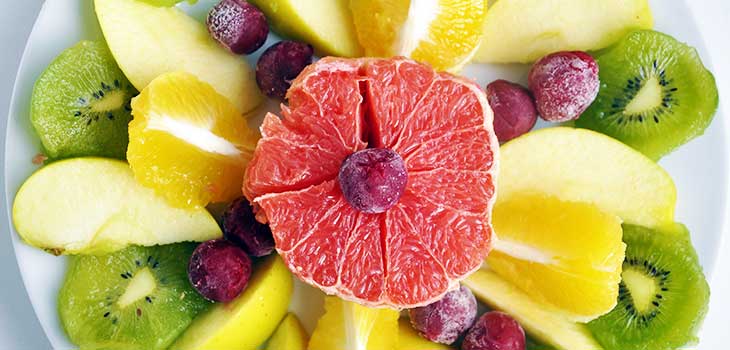
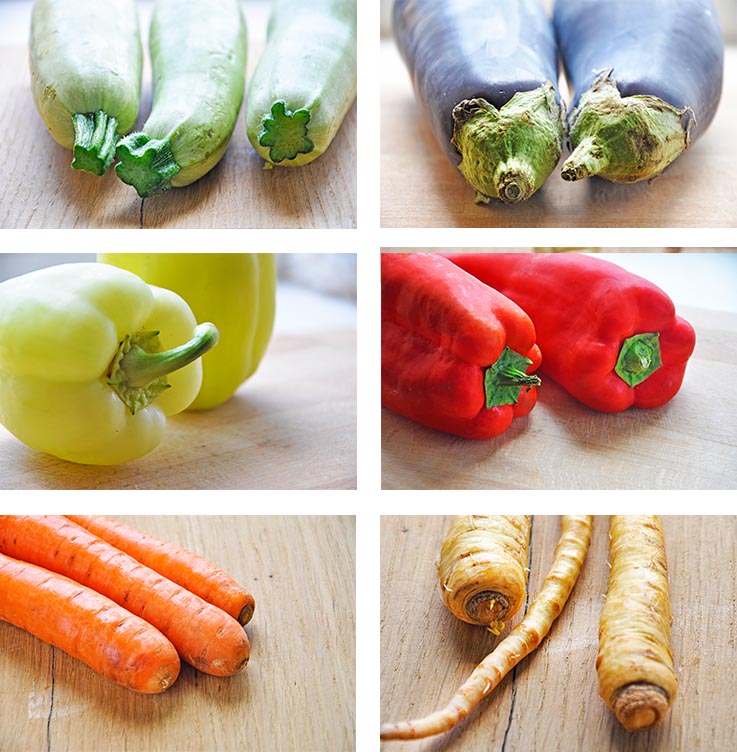
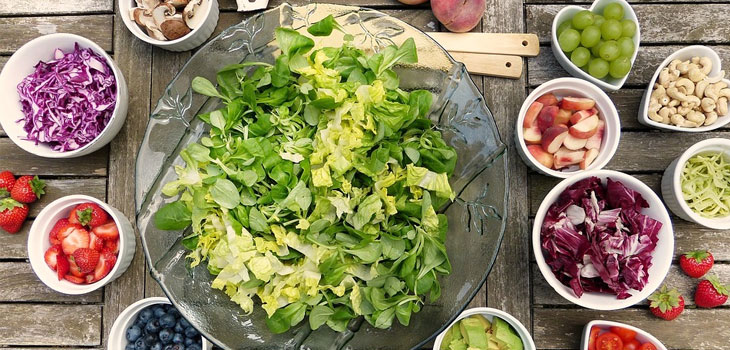
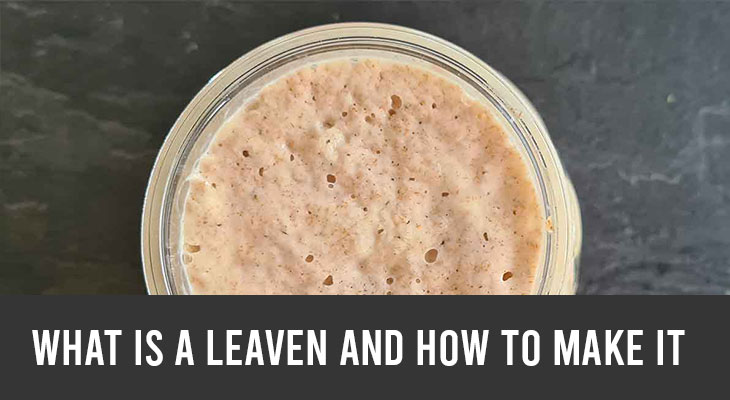
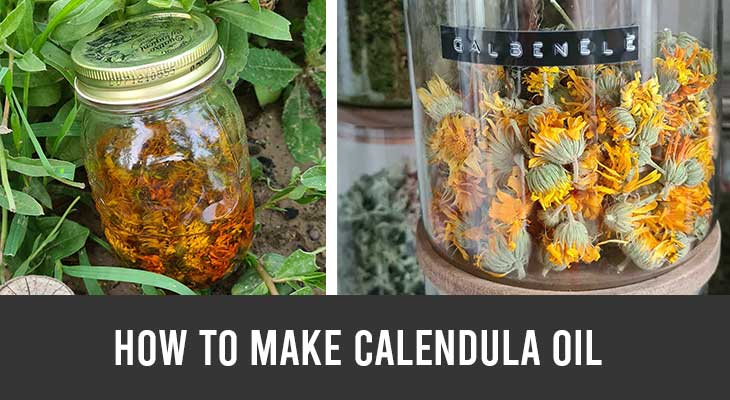



Thank you for this! It’s really comprehensive and offers all the important information that people need to consider should they choose to follow a vegetarian diet. Of course, there are also environmental benefits to vegetarianism (apart from the issue of preserving animal life). Raising livestock is one of the main causes of heightened greenhouse gas emissions all over the world so we might all benefit from observing a more plant-based diet.
Glad you found it useful!